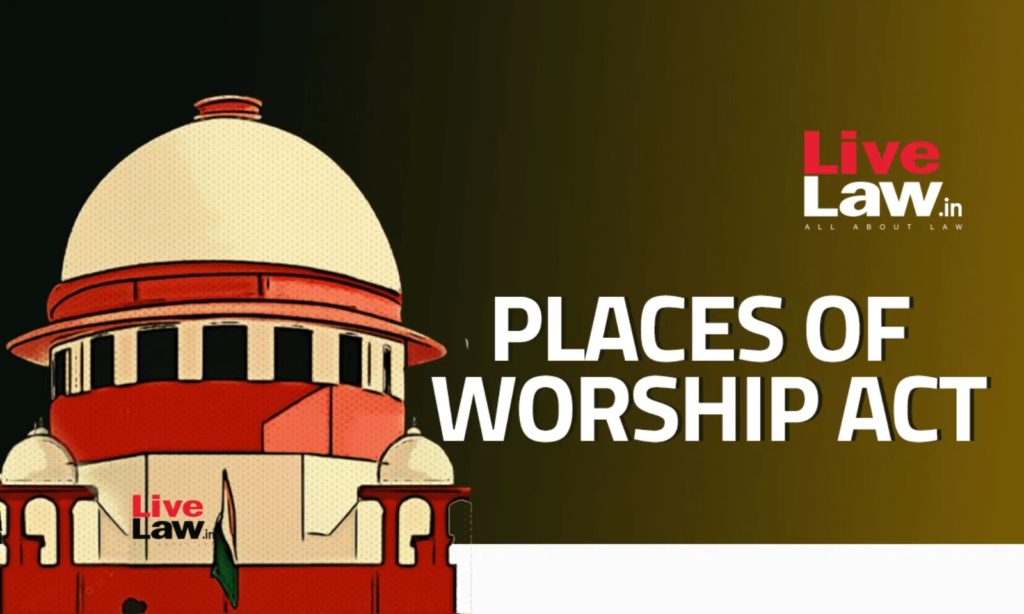The Supreme Court’s decision to restrain courts from passing interim or final orders on lawsuits challenging the Places of Worship (Special Provisions) Act, 1991, is a necessary intervention in a highly sensitive and complex matter. This direction provides a crucial pause, ensuring that legal processes are not undermined by piecemeal orders in various courts, particularly when the law’s constitutionality is under review. The apex court has also given the Centre four weeks’ time to reply. The Places of Worship Act, 1991, aims to maintain the religious character of places of worship as they existed on August 15, 1947, with the notable exception of the Ram Janmabhoomi-Babri Masjid site. However, the Act’s sweeping provisions, including its prohibition on judicial remedies to reclaim places of worship, have sparked enduring debates about fairness, justice, and historical grievances. The historical context cannot be ignored. Many Hindu places of worship were repurposed during invasions and colonial rule, creating deep-seated emotional and cultural scars. For instance, sites like Sri Krishna Janmabhoomi in Mathura remain potent symbols of unresolved historical grievances. While courts have previously directed archaeological surveys to establish the origins of such sites, these actions have heightened communal tensions, especially following the Babri Masjid verdict.

Critics argue that the Act disproportionately favours the status quo, limiting the majority community’s ability to seek legal redress. The Act also grants sweeping powers to Wakf Boards, insulating their decisions from judicial scrutiny. This raises concerns about the balance of power among the Constitution’s three pillars—Legislature, Executive, and Judiciary—and the erosion of checks and balances. The Supreme Court’s directive to “stay off their hands” acknowledges these sensitivities. By centralizing the review process, it seeks to avoid fragmented judicial outcomes that could exacerbate tensions. Notably, the bench, led by Chief Justice Sanjiv Khanna, has assured all stakeholders of a fair hearing, including the Centre and various religious bodies. This inclusive approach is vital in preserving public trust and ensuring that justice is not perceived as favouring one community over another. However, the Court must tread carefully. Its eventual verdict must uphold constitutional principles while addressing legitimate grievances. It must also reaffirm the judiciary’s role as a neutral arbiter, ensuring that its decisions are not seen as endorsing historical injustices or perpetuating communal divides. In this context, the apex court’s intervention is a welcome direction. By scrutinizing the 1991 Act’s vires and ambit, the Court has an opportunity to reinforce the principles of justice and equality, while steering India toward a future where its diverse communities can coexist harmoniously, free from the weight of historical animosities.






